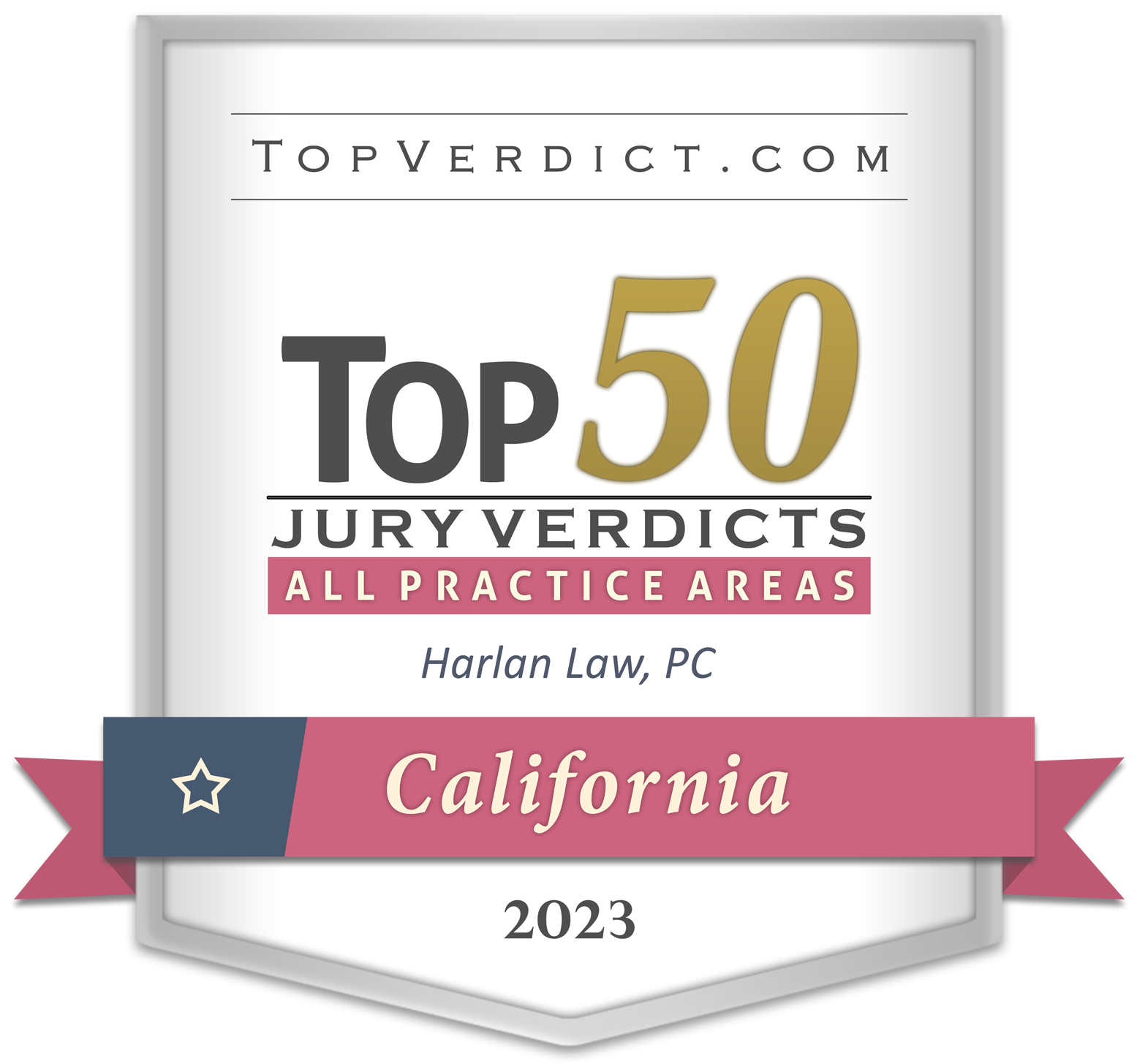No one wants to imagine their family getting sick. If the unthinkable happens, you want to be able to care for your family. That might require you to take time off work – and the last thing you need to worry about during this time is if your job will be there for you when you get back.
The new California Family Rights Act (CFRA) can help give you that peace of mind.
As of January 1, 2021, the new CFRA law replaces the old CFRA and eliminates the California New Parent Leave Act (NPLA). In their place, the new CFRA dramatically expands employee rights across the state. After the new year, you could be entitled to:
- Between 12 to 24 weeks of unpaid family leave time and
- Paid leave benefits under the California Paid Family Leave (PFL) program.
How so? The old CFRA only applied to employers with more than 50 employees, which left out many small businesses. If you worked for a small California business with under 50 employees, you wouldn’t get to enjoy the right to unpaid family leave.
In contrast, the new CFRA applies to all companies with more than 5 employees.
For many small business workers, this is huge. As long as your company has more than 5 employees, you could be eligible for unpaid family leave under the new CFRA.
But that’s not all. The new law also removes a major geographic limitation.
To qualify for the previous CFRA, your company had to have more than 50 employees within 75 miles of a worksite. The new CFRA eliminates this 75-mile proximity requirement. That means the CFRA will apply if your company has more than 5 employees anywhere. This is especially good news at a time when many more employees are working remotely than ever.
As a result of these changes, many more California employees than ever before will find themselves getting worker benefits under the new law.
Some small businesses may struggle to implement new employee protections. Allowing your workers to take leave means your company will have to prepare for absences they didn’t have before. Knowledge is power – knowing your rights means you can protect your rights. If your employer is giving you pushback or dragging their feet with the new CFRA regulations, call the San Diego employment law office of Harlan Law at (619) 870-0802 to talk about your options.
Who Is Eligible for Benefits Under the New CFRA?
The CFRA applies to workers actually classified as “employees,” not independent contractors. Legally, there are rules for how to classify employees. Still, companies sometimes intentionally misclassify their employees to avoid giving them the benefits they’re entitled to under the law. Talk to an employment lawyer if you suspect you’ve been misclassified.
Starting in 2021, as an employee, you will qualify for benefits under the new CFRA if:
- You work for a company with more than 5 employees,
- You’ve worked for your employer for at least 12 months at any time, and
- You’ve worked at least 1,250 hours anytime within the last 12 months.
If you qualify, you get 12 weeks of unpaid family leave to take care of either your own health or the health of an immediate family member. Your employer cannot demote or fire you during this time. Your company must guarantee that at the end of your leave you’ll come back to the same position you were in or another position that’s comparable.
The new CFRA expands the total number of California employees who are eligible for its benefits – but it doesn’t stop there. In addition, even employees who previously qualified under the CFRA will see an expansion in the benefits they enjoy.
Newly Expanded CFRA Benefits Starting in 2021
If you already qualified under the old CFRA, you’ve been eligible for leave benefits as covered in detail here. But even existing benefits have been expanded under the new law.
Coming into effect on January 1, 2021, under the new CFRA law:
- You can take family leave to care for many more family members. Previously, you could only take leave to care for your own health or the health of your parent, child, spouse, or registered domestic partner. The new CFRA adds your siblings, grandchildren, and grandparents to that list.
- You can take family leave to care for your children no matter how old they are. Previously, the CFRA applied only to minor children under 18 years old. In addition, your registered domestic partner’s children now qualify too.
- You can now take CFRA leave for military exigency when previously you couldn’t. This applies if your spouse is called for military service and you need to take time off to care for your family while they’re gone. This rule also covers your domestic partner.
- “Key employees” now get protective leave too. Previously, the highest-paid 10% of workers weren’t covered if reinstating them would mean “substantial and grievous injury to the company’s operations.” This exception is eliminated under the new CFRA.
- Both parents get expanded “bonded leave” for a new child. Previously, two parents working for the same company could take 12 weeks of parental leave total between them. Now, each employee can take 12 weeks for a total of 24 between the two.
- You could end up taking a total of up to 24 weeks of unpaid protected family leave between the new CFRA and the federal Family and Medical Leave Act (FMLA). This is because some family members included in the CFRA aren’t covered under the FMLA. So you could take 12 weeks to take care of your grandparent under the CFRA and another 12 weeks to take care of your parent under the FMLA.
The CFRA doesn’t guarantee paid time off. But if you take protected leave under the law, you can apply to the California Employment Development Department to get paid family leave benefits (PFL). This state program can provide up to 8 weeks of partial wage replacement, allowing you to support yourself and your family while you take care of them.
Your employer shouldn’t stand in the way between you and your legally protected rights. Call our San Diego employment law office today at (619) 870-0802 to discuss any issues you might be having with your employer’s new CFRA compliance.




